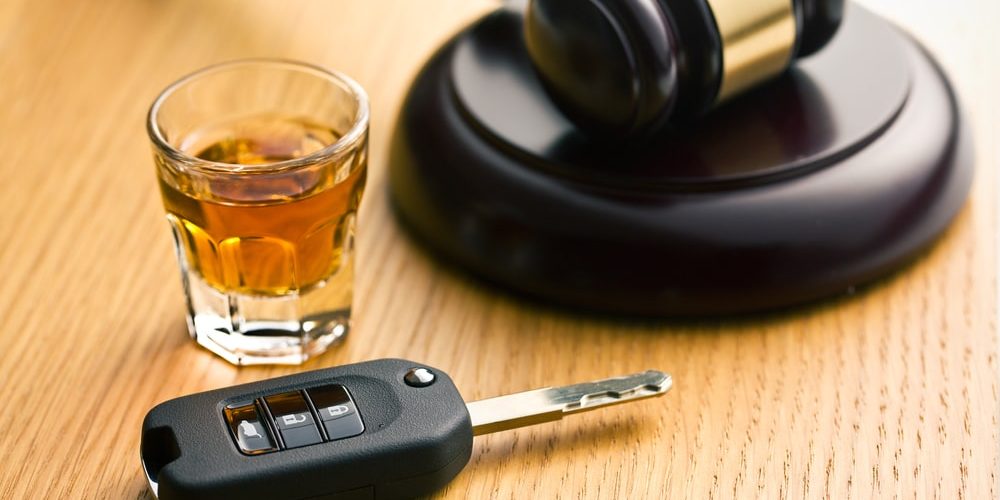Legal Definitions and State Differences Between DWI vs DUI Law
DWI vs DUI law is one of the most common sources of confusion for drivers across the United States. While both terms refer to driving under the influence, the way each is defined—and the penalties involved—can vary significantly depending on the state. Some jurisdictions use DUI (Driving Under the Influence), others use DWI (Driving While Intoxicated), and a few use both to indicate different levels of offense. Understanding how these terms apply in your state is critical if you want to stay compliant and avoid serious legal trouble.
What Does DWI vs DUI Mean in Legal Terms?
At their core, both DWI and DUI refer to impaired driving. But legally, the definitions and applications differ:
- DUI is typically used to describe driving under the influence of alcohol, drugs, or any intoxicating substance.
- DWI often refers specifically to driving while intoxicated by alcohol, though in some states it can also include drugs.
In states that recognize both, DUI may be a lesser charge (for example, with a lower blood alcohol concentration), while DWI might apply to higher impairment or more dangerous behavior. But in many states, only one term is officially used, and the other may just be a leftover from popular usage.
How DWI vs DUI Law Varies by State
Each state defines DWI vs DUI law differently. Here’s how it breaks down in some major jurisdictions:
- Texas: Uses DWI for adult drivers with a BAC of 0.08% or more; DUI is typically used for underage drivers with any detectable alcohol.
- New York: Differentiates DWI (for BAC 0.08% or higher) from DWAI (Driving While Ability Impaired) for lower levels of impairment.
- California: Uses only DUI for any impaired driving case, whether caused by alcohol, drugs, or both.
- North Carolina: Recognizes only DWI legally, even if people commonly say DUI.
- Virginia: Uses DUI exclusively in legal language, though DWI may appear in casual conversation.
- Massachusetts and Maine: Use OUI (Operating Under the Influence) instead of DWI or DUI.
This inconsistency means it’s important to check your state’s official impaired driving laws—or speak with a qualified attorney.
For a deeper state-by-state overview, visit 1800DuiLaws.com or explore the NextLegal DUI/DWI resource.
Penalties Under DWI vs DUI Law
Regardless of which term is used, the penalties for impaired driving are serious in every state. Common consequences include:
- Fines ranging from $200 to over $2,500
- Jail time, especially for repeat offenses or high BAC
- License suspension (from 90 days to several years)
- Ignition interlock device installation
- Mandatory DUI education or treatment programs
- Increased auto insurance rates
- A permanent mark on your criminal and driving record
Aggravating factors such as refusing a BAC test, causing an accident, or driving with a child passenger can lead to harsher penalties, even felony charges.
Check state-specific programs like DUI/DWI classes or ignition interlock requirements for further guidance.
How to Stay Compliant With DWI and DUI Laws
Avoiding a charge under DWI vs DUI law starts with being proactive. Here are the essential steps:
- Do not drive after drinking alcohol or taking impairing drugs
- Use a rideshare app, a taxi, or a designated driver
- Carry a personal breathalyzer to monitor your BAC
- Always read prescription warnings that mention drowsiness or impaired function
- Understand state-specific laws before traveling
Use the BAC Test tool to estimate your level of intoxication and determine if you’re legally safe to drive.
Understanding DWI vs DUI Law Can Help You Avoid Legal Trouble
Knowing how DWI vs DUI law works in your state can make all the difference. Some states treat DWI and DUI as two different charges, while others consolidate them under a single law. Regardless of the terminology, driving under the influence puts your freedom, finances, and safety at risk.
Whether you’re a first-time offender or have prior convictions, staying informed about how your state enforces impaired driving laws can help you make better choices behind the wheel—and avoid the heavy burden of criminal penalties.
Facing a DUI or DWI Charge? Speak with a Lawyer Today
If you’ve been charged under DWI or DUI law, you don’t have to face the system alone. A skilled defense attorney can help you challenge the evidence, minimize penalties, or even get the charge dismissed. Visit 1800DuiLaws.com today for a free consultation with a qualified attorney in your state.
Frequently Asked Questions (FAQs)
1. Is DWI worse than DUI?
In some states, yes—DWI can refer to higher levels of intoxication than DUI. But in others, they mean the same thing.
2. Are both DUI and DWI criminal offenses?
Yes. In most states, either term refers to a misdemeanor, but felony charges may apply under certain conditions.
3. What happens if I refuse a breath test?
Refusal may result in license suspension under implied consent laws, even if you’re not convicted of DUI or DWI.
4. Can I be charged with DUI for taking prescription drugs?
Yes. Even legally prescribed medication can lead to a DUI charge if it impairs your ability to drive.
5. Which states use both DUI and DWI?
States like Texas and New York use both, while others like California and Virginia use just one.
Key Takeaways
- DWI vs DUI law varies greatly by state
- Some states use both terms; others use one or neither
- DUI may include drug use; DWI often focuses on alcohol
- Penalties include jail time, fines, license suspension, and classes
- Understanding your state’s laws is crucial to staying safe and compliant








